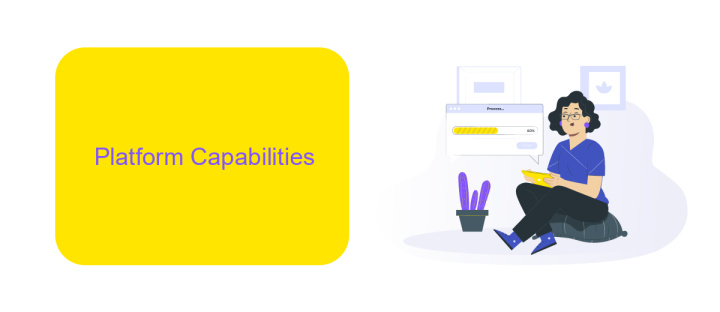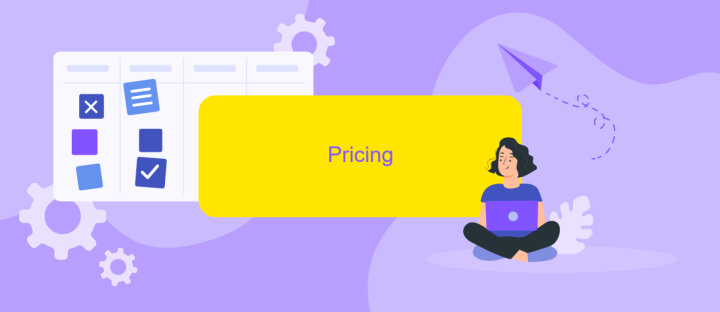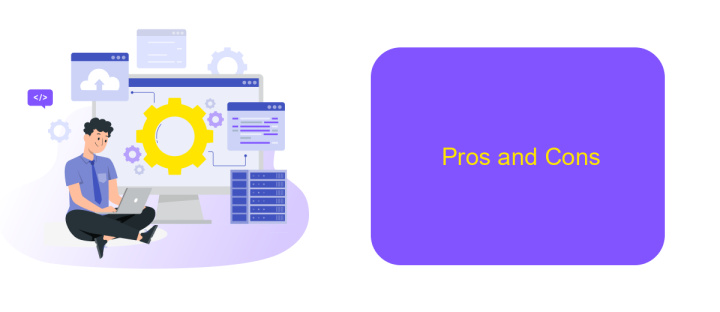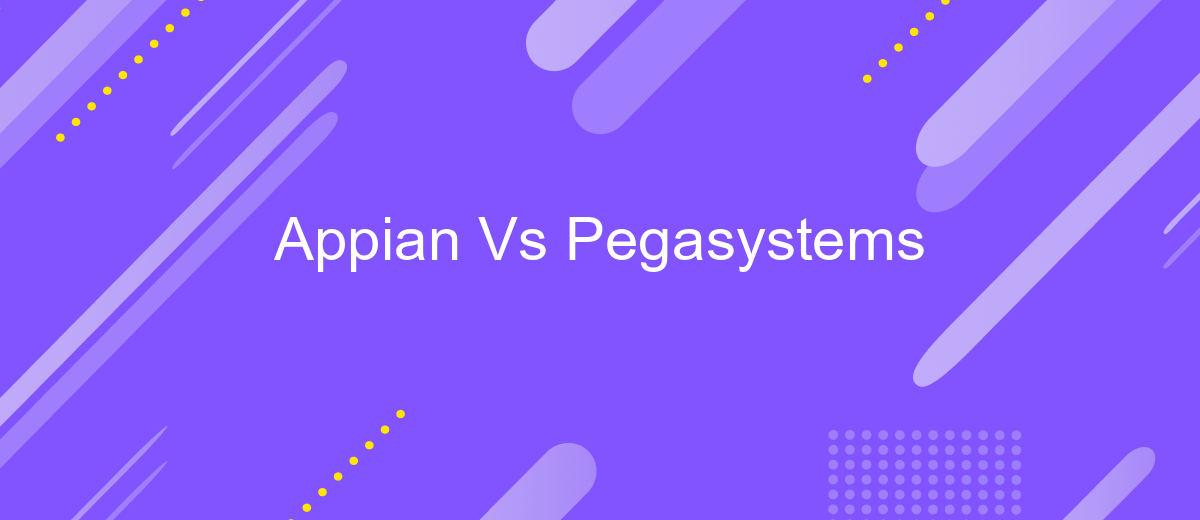Appian Vs Pegasystems
In the rapidly evolving world of business process management (BPM) and low-code application development, Appian and Pegasystems stand out as two leading platforms. Each offers unique features and capabilities that cater to various organizational needs. This article provides a comparative analysis of Appian and Pegasystems, examining their strengths, weaknesses, and overall impact on digital transformation initiatives.
Introduction
In the ever-evolving landscape of business process management (BPM) software, Appian and Pegasystems stand out as two of the leading platforms. Both offer robust solutions designed to streamline operations, enhance productivity, and drive digital transformation. However, choosing between them can be challenging, as each has its unique strengths and features.
- Appian: Known for its low-code development environment, Appian enables rapid application development and deployment.
- Pegasystems: Renowned for its advanced automation capabilities and comprehensive case management features.
- Integration: Both platforms support seamless integration with various third-party services, including ApiX-Drive, which facilitates effortless data synchronization and workflow automation.
Understanding the key differences and similarities between Appian and Pegasystems can help organizations make an informed decision that aligns with their specific needs and goals. This comparison aims to provide a clear overview of what each platform offers, enabling businesses to select the most suitable BPM solution for their operations.
Platform Capabilities

Appian and Pegasystems both offer robust platform capabilities tailored to streamline business processes. Appian shines with its low-code development environment, enabling rapid application development and deployment. Its intuitive drag-and-drop interface allows users to create complex workflows without extensive coding knowledge. Additionally, Appian provides powerful case management and dynamic reporting features, ensuring that organizations can adapt quickly to changing business needs.
On the other hand, Pegasystems excels with its advanced decision management and AI-driven automation. Pega's platform is designed to optimize customer engagement through predictive analytics and real-time decisioning. Furthermore, Pega offers seamless integration capabilities with various third-party services, including ApiX-Drive, which facilitates the automation of data transfers between different systems. This integration ensures that businesses can maintain a cohesive and efficient workflow across multiple platforms.
Pricing

When evaluating the pricing models of Appian and Pegasystems, it's crucial to understand the cost structures and what each platform offers. Both companies provide flexible pricing options, but there are distinct differences that may impact your decision.
- Appian: Appian offers a subscription-based pricing model, which includes various tiers based on the number of users and the complexity of the applications. This model allows for scalability, ensuring that you only pay for what you use. Additionally, Appian provides a free trial period to help potential customers evaluate the platform before committing.
- Pegasystems: Pegasystems also uses a subscription-based model but tends to be more customizable depending on the specific needs of the business. This can include user-based pricing or enterprise-level agreements. Pegasystems generally requires a more significant upfront investment but offers extensive support and integration capabilities, often through third-party services such as ApiX-Drive.
Ultimately, the choice between Appian and Pegasystems will depend on your organization's specific needs and budget. Appian's straightforward pricing can be more accessible for smaller businesses, while Pegasystems' tailored solutions might be more suitable for larger enterprises requiring extensive customization and integration options.
Pros and Cons

When comparing Appian and Pegasystems, both platforms offer robust solutions for business process management and automation. Appian is known for its user-friendly interface and rapid development capabilities, making it a preferred choice for organizations looking to deploy applications quickly. On the other hand, Pegasystems excels in handling complex processes and rules, providing a powerful engine for enterprises with intricate workflows.
One of the key considerations when choosing between these platforms is the ease of integration with other systems. Services like ApiX-Drive can facilitate seamless integrations, enabling businesses to connect their existing tools and data sources effortlessly.
- Appian Pros: User-friendly, fast deployment, strong mobile support.
- Appian Cons: Limited customization, higher costs for enterprise features.
- Pegasystems Pros: Handles complex processes, extensive customization, strong analytics.
- Pegasystems Cons: Steeper learning curve, longer implementation time.
Ultimately, the choice between Appian and Pegasystems depends on the specific needs of your organization. If rapid deployment and ease of use are top priorities, Appian might be the better fit. However, for businesses requiring deep customization and the ability to manage complex processes, Pegasystems offers a more comprehensive solution.
Conclusion
In conclusion, both Appian and Pegasystems offer robust solutions for business process management and automation. Appian stands out with its user-friendly interface and low-code development environment, making it accessible for organizations with varying technical expertise. On the other hand, Pegasystems excels in providing a highly customizable platform with advanced features suitable for complex enterprise needs. Each platform has its strengths and is suited for different business requirements, making the choice largely dependent on the specific needs and scale of the organization.
When it comes to integration capabilities, both platforms offer extensive support. However, leveraging services like ApiX-Drive can further simplify the process of integrating various applications and systems. ApiX-Drive provides a seamless way to connect different software, ensuring that data flows smoothly across platforms, thereby enhancing the overall efficiency of business operations. Ultimately, the decision between Appian and Pegasystems should be guided by the unique demands of the business, with a consideration for future scalability and integration needs.
FAQ
What are the main differences between Appian and Pegasystems?
Which platform is better for rapid application development?
Can both platforms integrate with existing systems?
What are the costs associated with using Appian and Pegasystems?
Is it possible to automate workflows without extensive coding knowledge?
Time is the most valuable resource in today's business realities. By eliminating the routine from work processes, you will get more opportunities to implement the most daring plans and ideas. Choose – you can continue to waste time, money and nerves on inefficient solutions, or you can use ApiX-Drive, automating work processes and achieving results with minimal investment of money, effort and human resources.

